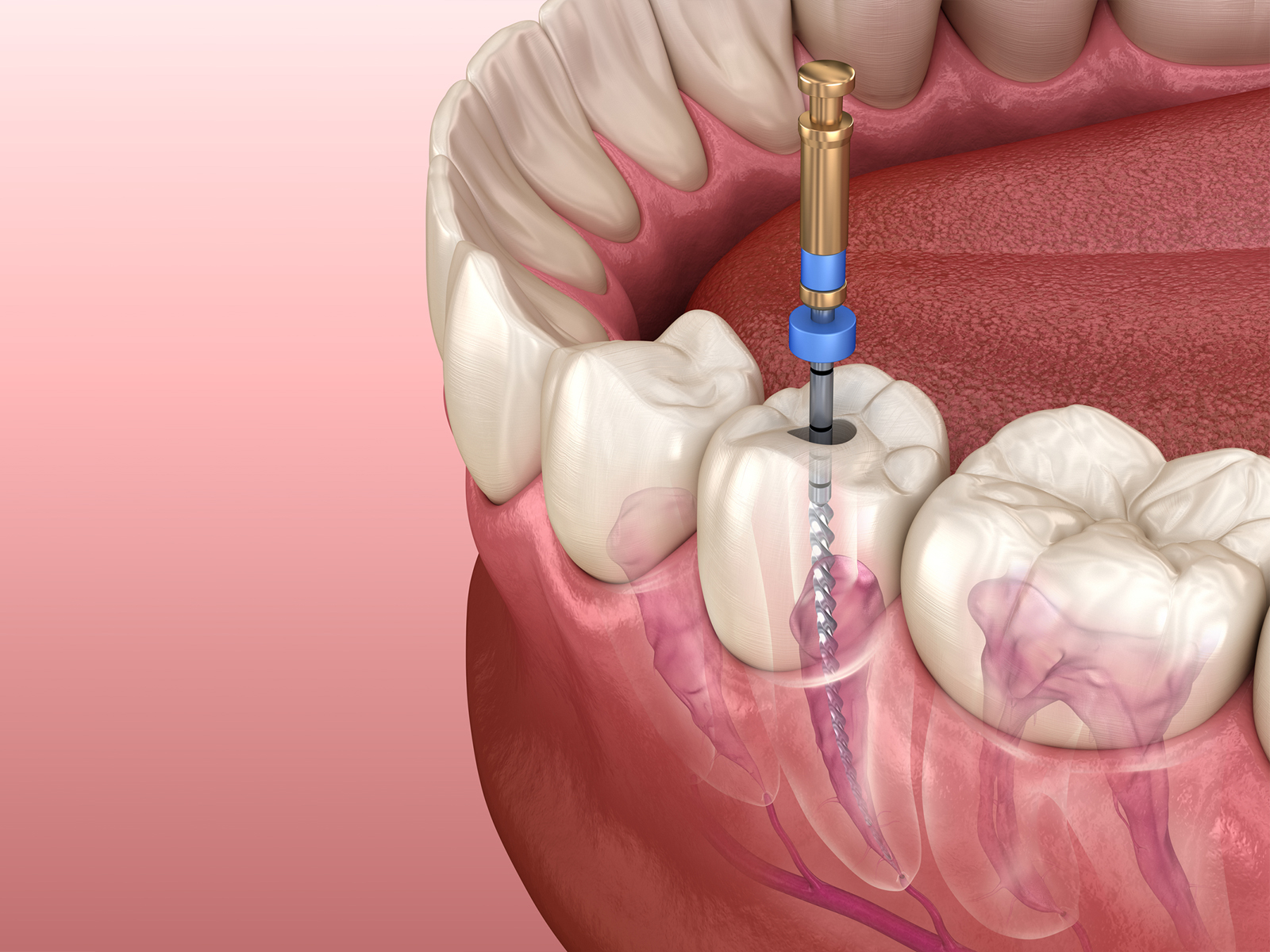Blog
Dental hygiene tips for healthy teeth & gums

Can a Root Canal be Done More Than Once on the Same Tooth?
A root canal is a process of removing the infected pulp from the slides of a damaged tooth and then sealing the tooth. It has a very high success rate and in most cases, a tooth treated by root canal procedure can last a lifetime. But there are cases where the same tooth might need to go through two or more root canals.
Reasons For More Than One Root Canal On Same Tooth
Like any other medical or dental treatment, the root canal is also prone to failures when the healing doesn’t happen as expected or the tooth does not respond to treatment. A few of the common reasons for the need for additional root canal procedures on the same tooth are:
- The tooth can have an extra canal that could go undetected while performing the procedure. The canals could be too narrow or calcified to be noticed by the practitioner and remain infected even after the first procedure. This means that there is an additional physical root of the affected tooth that needs to be treated with a root canal.
- The tooth can have an accessory canal which is an extremely tiny piece of nerves and difficult to see on X-rays.
- The restoration procedure could skip preventing salivary contamination within the tooth.
- The tooth can get fractured since root canal treatment dries out the treated tooth internally.
- A lot of time has passed since the placement of temporary filling (provided for short-term seal) and completion of the root canal treatment (with permanent filling). Many studies show that within a month of any endodontic procedure, it is a must to place a definitive restoration.
- The patient develops a new cavity in the treated tooth, which exposes the root canal to bacteria and other contaminants.
It is possible for someone to go through two or more root canals for the same tooth due to various causes, one of them being the tooth having two roots. It could be a little tough for the dental expert to identify all the canals that a tooth has since a tooth can have very tiny canals or be calcified.
The need for an additional root canal can arise within a few weeks of the first procedure or even after many years. If even after a root canal procedure you feel sensitivity to cold or heat, feel a sharp pain in your tooth while chewing food, or have swollen gums, then you must contact your dentist immediately and follow the recommendations of the dental practitioner.
Schedule your appointment with a dentist today and get the treatment on time!
